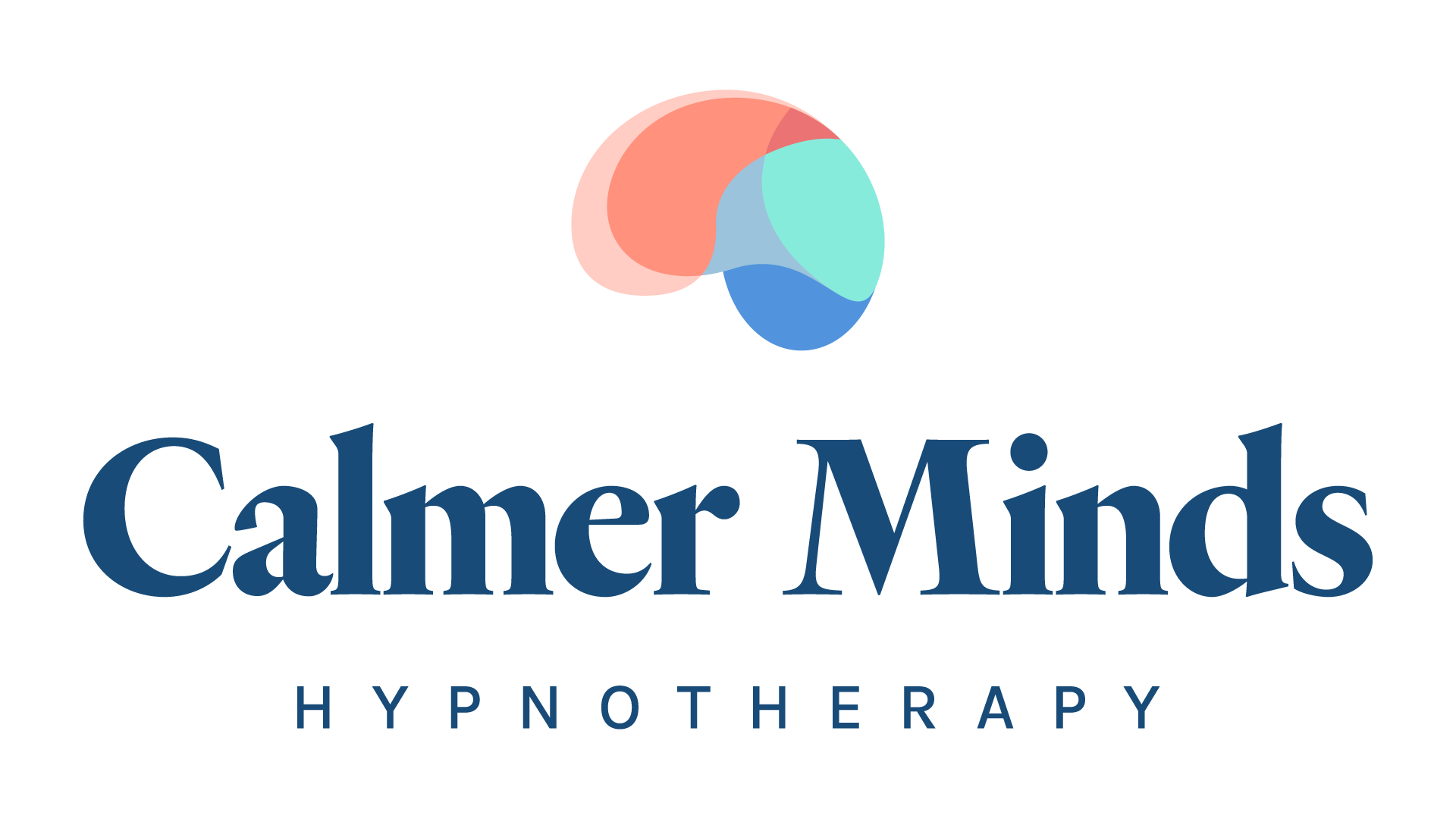10 Jul Where Anxiety Comes From In The Body
Where Anxiety Comes From In The Body
Introduction
Anxiety, a complex and often overwhelming emotional state, affects millions of people worldwide. It can manifest in various forms, such as generalised anxiety disorder, panic disorder, social anxiety, and specific phobias. Understanding the origins of anxiety is crucial for developing effective coping strategies and seeking appropriate treatment. In this blog post, we embark on a journey within, exploring the multifaceted nature of anxiety and shedding light on where anxiety comes from in the body.
The Brain: Command Centre of Anxiety
The brain plays a central role in the experience of anxiety. Within this intricate organ, several key regions are involved in the generation and regulation of anxiety responses. The amygdala, often referred to as the brain’s “fear centre,” processes emotional stimuli and initiates the body’s fight-or-flight response. Overactivity in the amygdala has been associated with heightened anxiety.
Another region, the prefrontal cortex, acts as the brain’s control centre, regulating emotional responses and decision-making. When the prefrontal cortex fails to effectively dampen the amygdala’s response, anxiety can intensify. Imbalances in neurotransmitters, such as serotonin, norepinephrine, and gamma-aminobutyric acid (GABA), also contribute to the development of anxiety disorders.
The Autonomic Nervous System: Orchestrating the Stress Response
Anxiety triggers a cascade of physiological changes through the autonomic nervous system (ANS). The ANS comprises two branches: the sympathetic nervous system (SNS) and the parasympathetic nervous system (PNS). In moments of anxiety, the SNS is activated, preparing the body for action. This activation leads to increased heart rate, rapid breathing, heightened alertness, and the release of stress hormones like cortisol and adrenaline.
While the SNS gears us up for emergencies, the PNS acts as a counterbalance, promoting relaxation and calming the body. Individuals with anxiety disorders may experience an imbalance between these two branches, resulting in a hypersensitive stress response and a heightened state of arousal even in non-threatening situations.
Genetic Predisposition: Nature’s Influence
Research suggests that genetics play a role in the development of anxiety disorders. Studies have identified certain genetic variations associated with increased susceptibility to anxiety. These genetic factors may influence the regulation of neurotransmitters, the structure and function of brain regions involved in anxiety, and the body’s response to stress. However, it’s essential to note that genetics alone do not determine anxiety development; environmental factors also significantly contribute.
Environmental Factors: Nurture’s Impact
While genetics provide a foundation, environmental factors shape the expression of anxiety. Traumatic experiences, such as physical or emotional abuse, neglect, or witnessing violence, can significantly impact anxiety development. Chronic stress, major life changes, and ongoing exposure to demanding environments can also contribute to heightened anxiety levels. Additionally, learned behaviours and cultural influences can influence an individual’s propensity for anxiety.
The Mind-Body Connection: Interplay and Feedback Loops
Anxiety is not merely a product of the body or the mind but rather a complex interplay between the two. Psychological factors like negative thinking patterns, perfectionism, low self-esteem, and excessive worry can perpetuate anxiety. Conversely, chronic anxiety can impact cognitive processes, memory, attention, and decision-making abilities.
Furthermore, the mind-body connection reveals that physical practices such as exercise, relaxation techniques, meditation, and therapy can positively influence anxiety levels. These approaches can modulate the brain’s response to stress, rebalance the autonomic nervous system, and promote overall well-being.
Conclusion
Anxiety is a multi-faceted condition influenced by various factors within the body and beyond. The brain, autonomic nervous system, genetics, and environmental factors all play integral roles in the development and experience of anxiety. Recognizing this intricate interplay empowers individuals to seek comprehensive approaches to manage anxiety effectively. By nurturing both body and mind, we can navigate the labyrinth of anxiety towards a more peaceful and fulfilling existence.
Remember, seeking professional help from healthcare providers and mental health experts is crucial when dealing with anxiety disorders, as they can provide tailored guidance and support on your personal journey of healing and growth.
If you are struggling with anxiety and would like some help or support, arrange a discussion call with us by clicking HERE or by completing the form below.
Take the first step towards a brighter future and book your appointment today!
Our highly trained and experienced hypnotherapists deliver exceptional, personalised care to ensure that every client experiences positive, lasting change.
Don’t wait any longer, contact us today for expert help and guidance on
your journey to a better, brighter future.
Error: Contact form not found.

